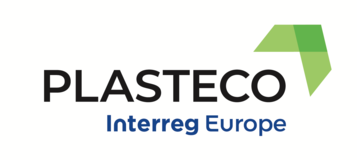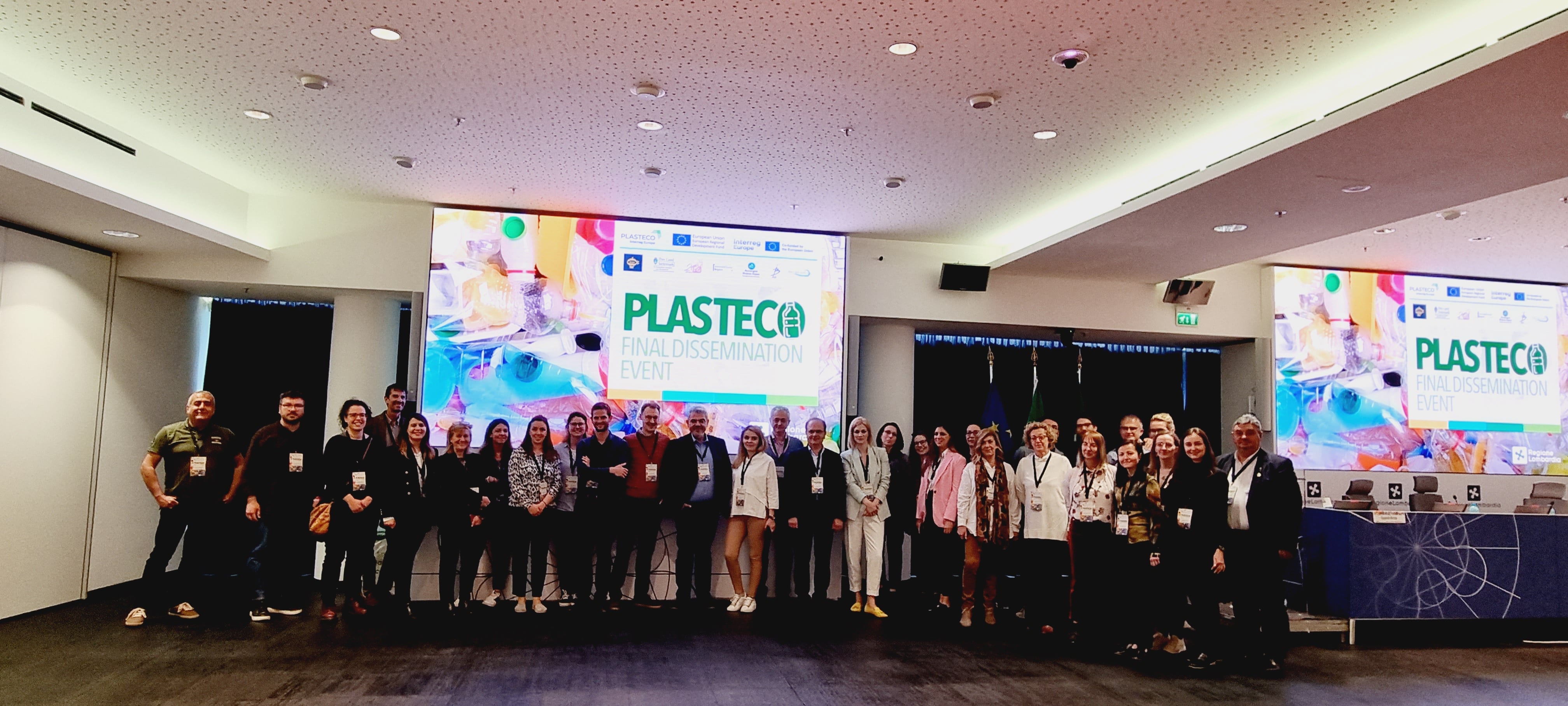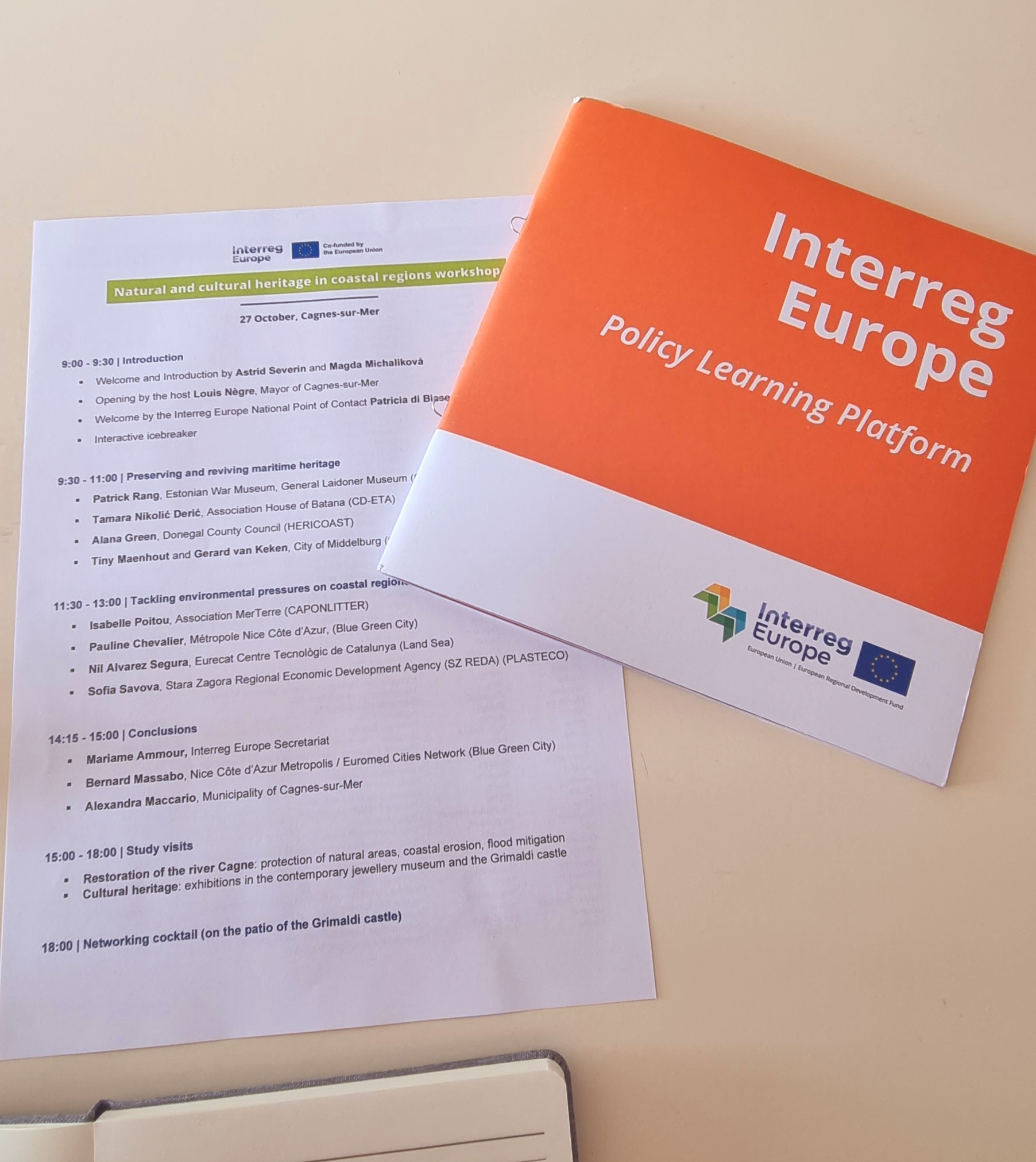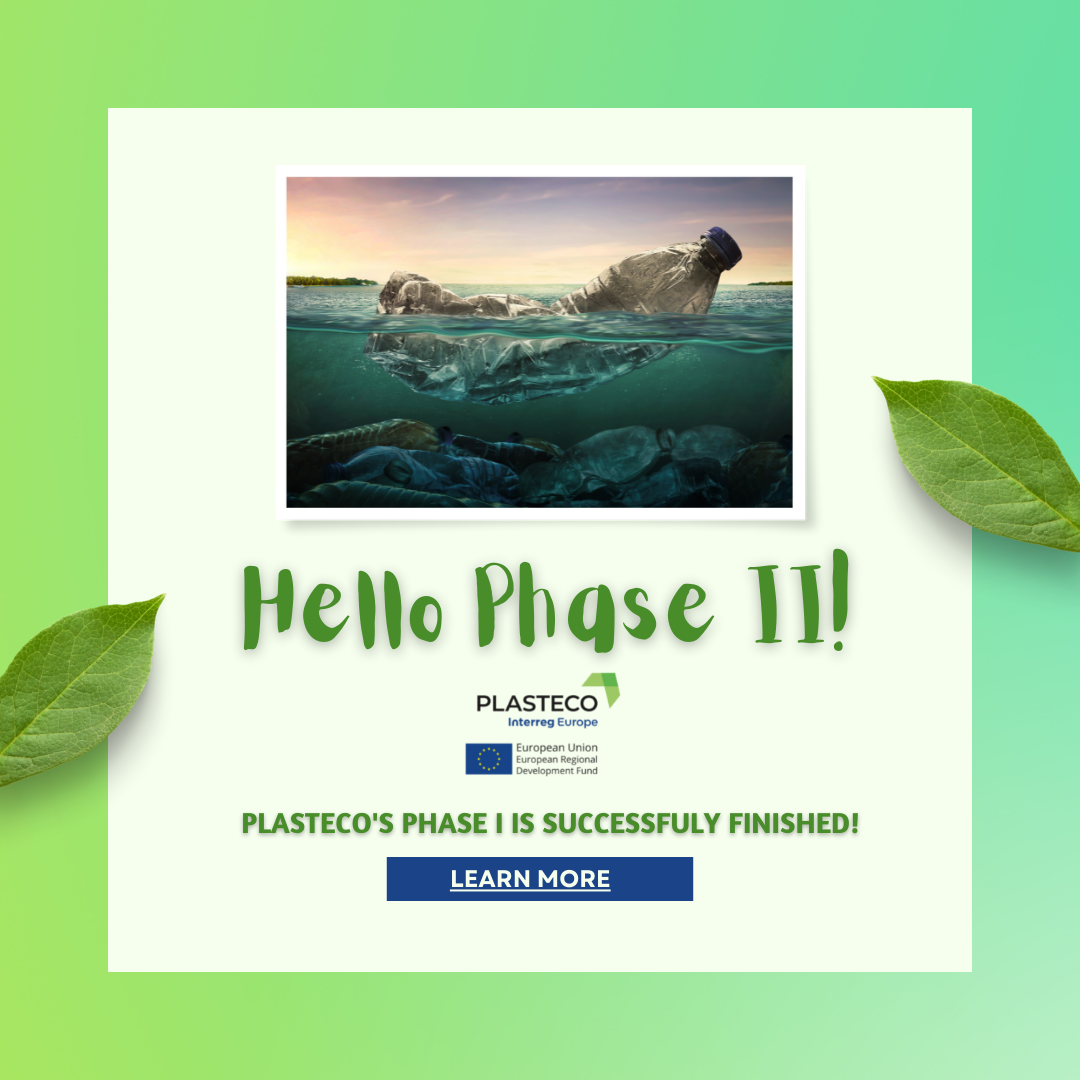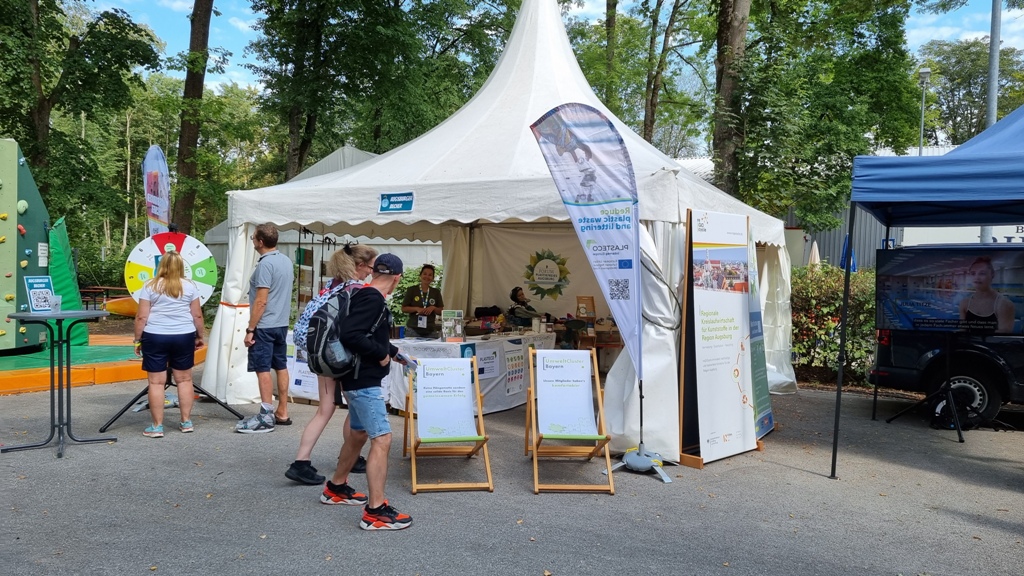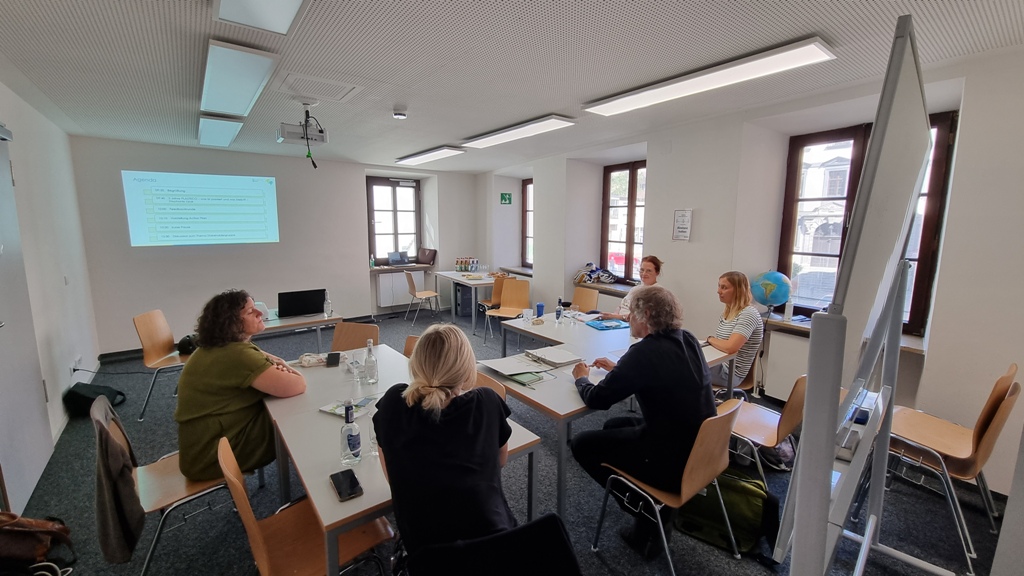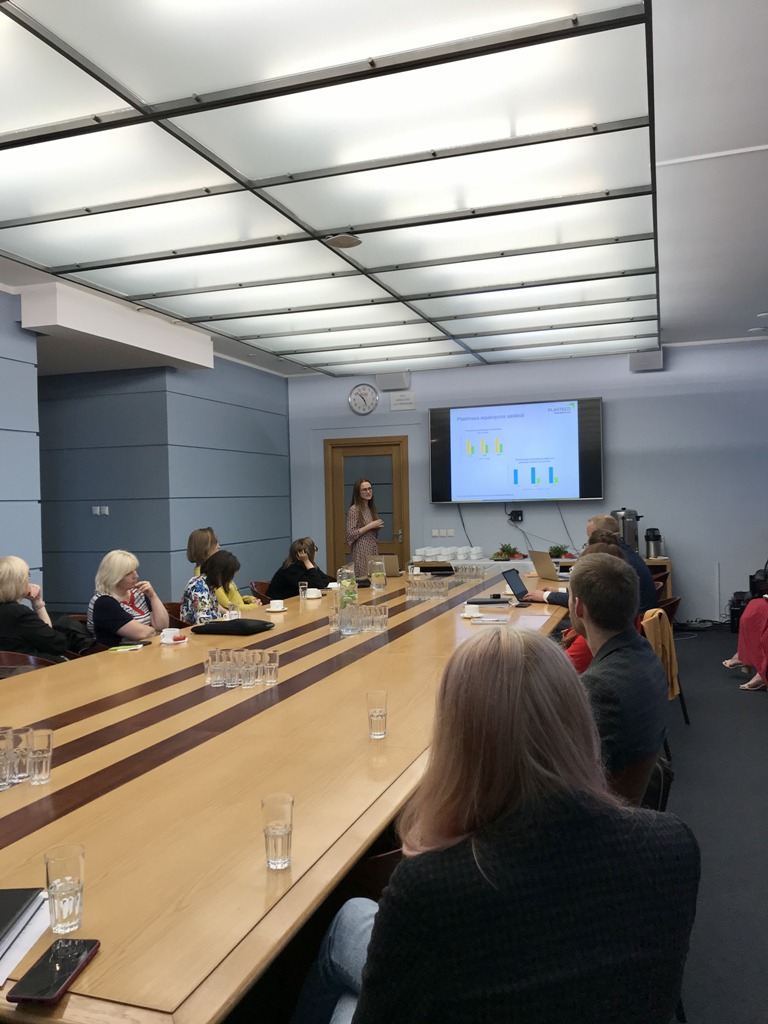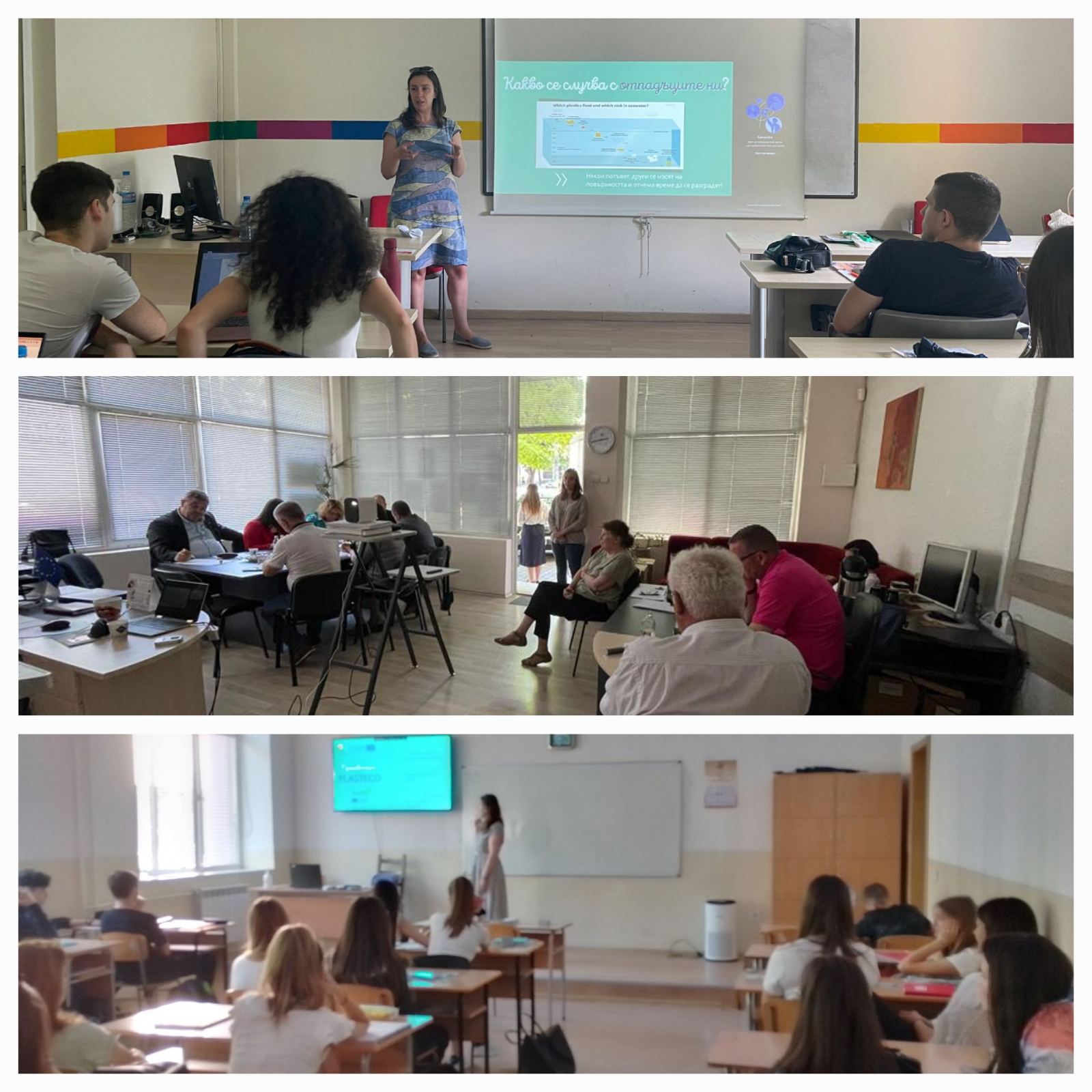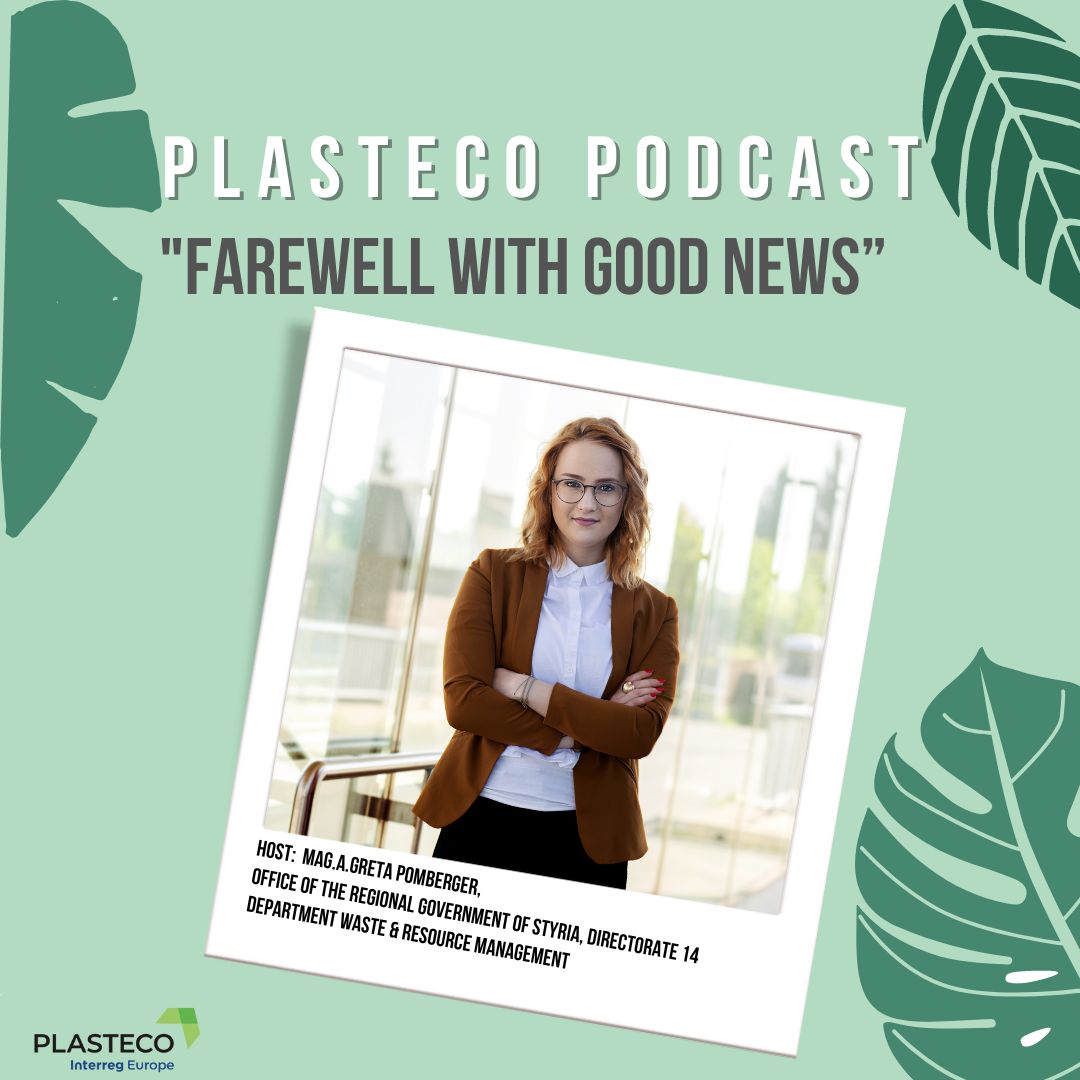As the Lombardy Government is reviewing its overall waste management programme, the 4th regional stakeholders meeting in Lombardy Region, held online on 2 February, focused on the PLASTECO project updates, the broader plastic waste management issues and their perspectives for the regional strategy: in particular, project reports and outcomes of the micro plastics workshop were presented.
Updates to Lombardy’s regional waste management programme, currently in progress, focus on urban wastes, special wastes and prevention, besides a regional programme to better manage the wastes derived from packaging. The process has started in October 2020 with a Scoping Document and assessments of the measures are being gathered until October 2021. The evaluation is based on a participative approach that includes public forums and technical tables as well as environmental assessment conferences.
A focus on urban plastic waste was presented by the consortium composed of ARS Ambiente srl, Oikos Progetti, the Milan Polytechnic University and ETRA. Estimates on the first semester of 2020, that included the strictest lockdown periods, show a 3.6 percent increase in the separate collection of plastic-only wastes: the second highest compared to the same period in 2019 after the mixed plastic, glass and multi-material collection, that grew by 4.2 percent.

The new Regional Waste Management Programme (PRGR) plans to increase both quantity and quality of plastics capture. Separate collection may grow from 29.3 kg per resident per year in 2019 to 39 kg in 2027. Overall, plastic waste is expected to decrease thanks to prevention: in line with existing and upcoming regulations on circular economy, and the SUP – Single Use Plastic directive in particular, single-use will be prevented by promoting short supply chains, tap drinking water and reusable containers for food and drinks.
Break spaces in schools will be reshuffled in sustainable form based on the pilots at Palazzo Lombardia, the regional government’s headquarters, while purchases of loose food products with reusable containers brought from home will be supported. As to recycling, chemical recycling will be encouraged to retrieve also the plastic components that can’t be retrieved mechanically. The PRGR will also include actions to raise awareness on microplastics through a dedicated Best Practice web portal.
The discussion highlighted how the programme is also a valid tool to implement the virtuous polices and best practices shared thanks to the PLASTECO project and is helping the Regional government’s efforts to support companies in investment for sustainable innovation and enabling the positioning of alternative materials on the market.
